Quick Background:
It has really been a struggle
to meld what my heart says about reading with what I am required to do with
reading. We’ve used Reading Street for a
very long time, but we have just implemented the CC version in the last two
years. The biggest change….weekly tests
cover a new passage. I do like this as
it assesses the ability to apply the skills rather than regurgitate a story
that we’ve spent days on….actually memorizing it. But that’s not what readers do.
Enter Daily 5 into the
mix. One of my teaching partners and I
read the books, Daily 5 and CAFÉ, and we both wanted to implement these with
the Reading Street. It’s been a struggle
finding the balance. We start strong,
building stamina, using the required skills as part of D5, then at some point,
it dwindles. This was my second years of
trying to implement D5, and I was more successful this year overall. I can really see Literature Circles being the perfect compliment to D5.
Enter Literature
Circles. I’ve read about them and new I
wanted to try it. But it’s kind of like
reading baby books. You can’t really
know what works until you HAVE the baby.
So, look back to my page where I created a log for my kids HERE
So, we’ve been at it for
about two weeks, and I am loving it! I
am learning a lot from my students by observing their patterns, too.
This is how I’m handling it
for now:
I found a great freebie from
Creekside Teacher Tales that really helped me get started when I really didn’t
know what I needed.
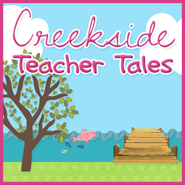
You can read her
entry HERE
I really loved how the sweet pond animals "went" with all the frogs in my room.
I really loved how the sweet pond animals "went" with all the frogs in my room.
First step was to provide
several books to choose from. I wasn’t
really concerned if the books were in their level right now. I wanted them to experience enjoying a book
together. I might not do this at the
beginning of the year. They wrote their
name, 1st and 2nd choices on a sticky note, and put it in
a bin. After going through the lists, I
was almost able to accommodate everyone’s first choices.
Next, I stapled my groups
together and announced the groups.
Using
Creekside’s group label, I displayed the group with a cute little pond
animal. Works great for my Frog room,
don’t you think???
I passed out the
books and their Literature Circle booklet.
Using some of her smaller labels, I labeled some Target Dollar Spot
magazine racks I had stashed away as the spot to keep their books outside of
our Lit Circle time.
I met with each group, helped
them divide the book into 5 sections (so everyone gets a job in the groups of
5), helped assign the first task and when to meet next. I fully expect them to finish at different
times. I’m totally okay with that. I don’t want to stretch the experience to a
predetermined timeline.
Then, I cut them loose! We just finished our second round of meetings
(one group of 2 just read the whole book and completed the booklet by
themselves. That worked better for those
speedy readers).
I haven’t let them meet on
their own yet. I meet with the groups to
help them conduct their meetings. I’m
not completely letting them go, but we are establishing a routine.
1. Start with the Summarizer. This person writes a synopsis of what has happened since the last meeting. People can add verbally anything they think is important.
2. Illustrator shares next. He/she explains the moment from those pages that was chosen to illustrate and why.
3. Character Captain discusses the characters: anyone new to the story, the main character to see how they are feeling or if our opinion has changed about them. Lost of talk here! Kids are free to bring up another character, too.
4. Word Wizard shares their interesting or difficult words. A few kids haven’t actually looked up their words yet, so we use the context of the story to help us figure it out together. The kids give their ideas! Score!
5. Director asks some planned questions and kids chime in with responses. Director then coordinates the next set of jobs.
1. Start with the Summarizer. This person writes a synopsis of what has happened since the last meeting. People can add verbally anything they think is important.
2. Illustrator shares next. He/she explains the moment from those pages that was chosen to illustrate and why.
3. Character Captain discusses the characters: anyone new to the story, the main character to see how they are feeling or if our opinion has changed about them. Lost of talk here! Kids are free to bring up another character, too.
4. Word Wizard shares their interesting or difficult words. A few kids haven’t actually looked up their words yet, so we use the context of the story to help us figure it out together. The kids give their ideas! Score!
5. Director asks some planned questions and kids chime in with responses. Director then coordinates the next set of jobs.
So far, these are my “loves”:
1. Word Wizard is their favorite job! They like it so much that we decided that everyone can be a Word Wizard (even if it isn’t their job for the session). The WW will lead the talk, but they can ask if anyone else found any interesting or difficult words. They are hunting for them like you would not believe! Love it!
1. Word Wizard is their favorite job! They like it so much that we decided that everyone can be a Word Wizard (even if it isn’t their job for the session). The WW will lead the talk, but they can ask if anyone else found any interesting or difficult words. They are hunting for them like you would not believe! Love it!
2. Character Captain is kind of hard for them at this point, and I am glad. Glad because I have the chance to help pull out better words from them. “Nice” is such a weak word, but they resort to it frequently. By talking with the group and listening to each other, they are citing moments in the text to help find better words. I can see progress!
****Bonus Love-One of my students was the Character Captain first and then moved to another job. During the second meeting, he kept talking about the characters. He discovered that focusing on that one aspect for a period of time really created a habit! Yeah!
I 3. I am so impressed with the questions my Directors have
come up with. Some are coming up with
surface level questions-the kind you’d get on an AR Test. Some are really using deeper questions. They are predicting, reflecting about moments
in the story, and feelings about characters.
Great dialogue from each other. I
am hearing great responses, and they spur each on more that I could!
4. The Talk. I
love the talk. I hear kids making
connections to characters from other stories, they are making connections to
things that have happened to them, etc.
I will never know this about their reading from an AR test or from the
summary they write for Book Camp. This
is the missing piece to the puzzle. AR
is a great tool. Their genre summaries
are great, too. We are doing great
things, but I have felt in my gut for a long time that there was more. It’s like closing the triangle.
Where are my goals at this point?
1. I’m still observing a lot, making it up as I go, at times.
3. I’m going to put together some “Question Sticks”. I see
these on TPT and talked about in
blogs. I think these will make a great
closer or when the Director needs some help finding good questions. When they HEAR good questions, I think it
will spur them to CREATE their own good questions.
I’m super-energized! I will definitely be putting together more
things this summer. Hoping to put
together a great packet so you can Print and Go!


.JPG)
.JPG)
.JPG)
.JPG)


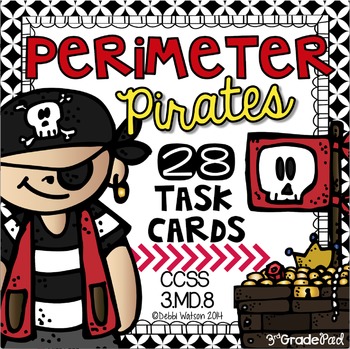
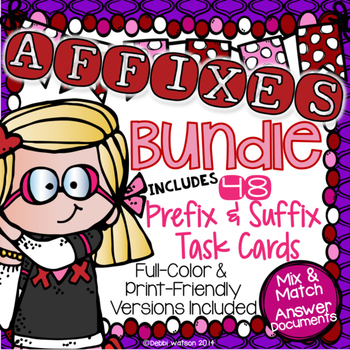
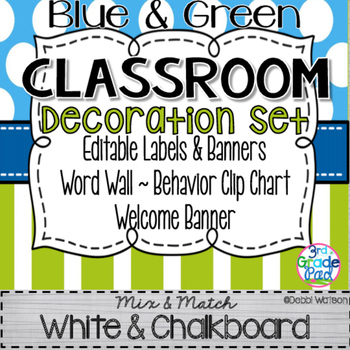
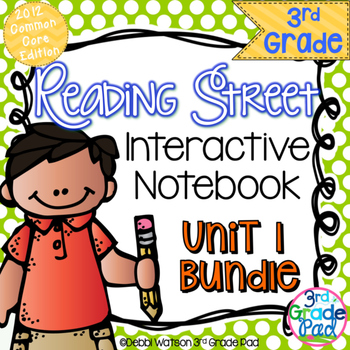
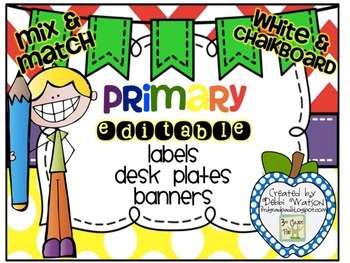
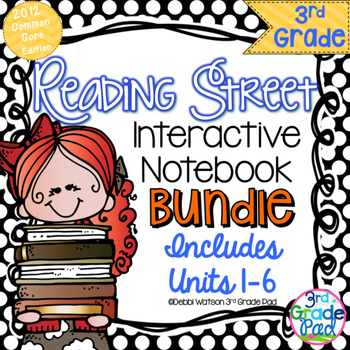
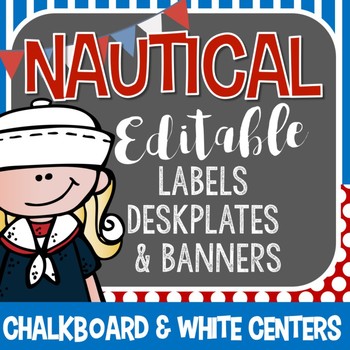

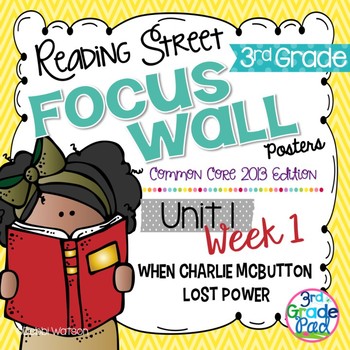
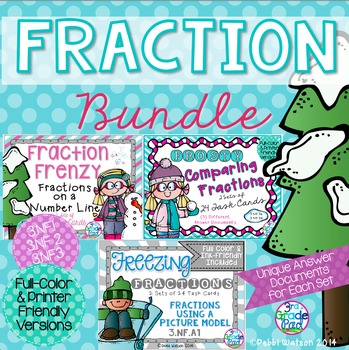




No comments